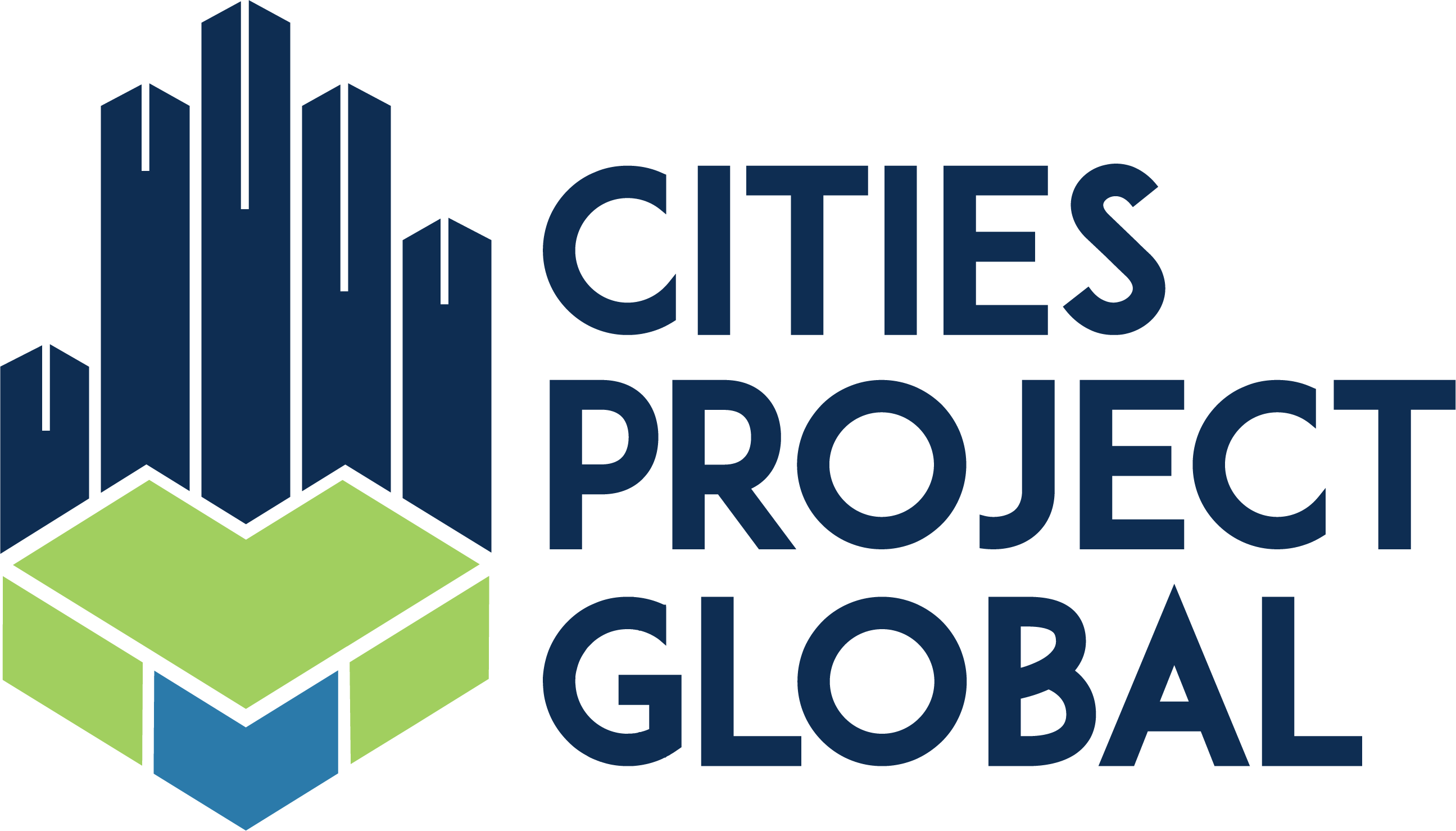“How can I better live out my calling?”
As Christians, this is one of the questions we ask ourselves most, though it sometimes takes the form of “I know I love X, and I’m good at Y — how can I use those things to better serve God?” After all, knowing your passions and strengths is half way to understanding your calling as a whole. (We talk more about how you’re uniquely gifted and some great steps toward discovering those talents here and here.)
But how do you actively build into your talents, becoming more effective at impacting your community?
What is coaching?
When it comes to actively living into your God-given talents, coaching is one of the best tools you can consider. Distinct from therapy, mentoring, or training, it focuses on your present self and future goals to help you take action through listening to the Holy Spirit and gaining greater clarity and self-awareness. Coaching helps you draw on the wisdom you already possess and have available to you.
Here are three ways it can empower you to build on your gifts and live out your calling.
1. Coaching brings out your best
God has given you unique gifts. Half of identifying your calling is identifying those gifts, because God has specially equipped you to do things no one else can do.
A coach works with you to help you grow into the best version of yourself, and when you can bring your best abilities to your work, family, or wherever God has placed you to have the greatest impact, you can be more effective in your unique calling.
Identifying your talents isn’t an act of self-glorification; it’s an act of stewardship, and when you use those gifts to the best of your ability, that brings glory to God and reflects him to those around you.
2. It gives you tools to listen better
The goal of coaching is to help you discover new things about yourself, listen to the Holy Spirit, and take action on what you learn.
Jesus models coaching with his disciples in the way he asks questions and shares parables.
Here are some examples:
Matt 18:12 “What do you think? If any man has a hundred sheep, and one of them has gone astray, does he not leave the ninety-nine on the mountains and go and search for the one that is straying?”
Jesus is challenging the listener to consider a new way of thinking that every soul is important enough to die for by asking a simple but powerful “what do you think?” question. The idea that every person has significance is a new perspective, nudging the listener to form a whole new paradigm for how they relate to others
Luke 19:23 ‘Then why did you not put the money in the bank, and having come, I would have collected it with interest?’
Here Jesus is encouraging the listener to consider other ways to invest their gifts from God wisely by asking a “why” question. He is drawing on wisdom they already have.
John 9:19 “Is this your son, who you say was born blind? Then how does he now see?”
Listeners already know that God has given the boy in this story sight. But sometimes people need to slow down and spell it out for themselves to absorb the importance of things. Jesus uses a rhetorical question here to prompt listeners to do just that.
Coaching questions are often centered around generating thought and fostering awareness. The above passages are only a few examples of how Jesus helped people shift their thought processes and open up to new perspectives. His questions promoted discovery, often starting with “what” or “how,” and they were usually penetrating questions that challenged assumptions.
When was the last time you had your assumptions challenged? What if breaking down some of your assumptions could lead to greater insight and impact in the role God has called you to?
When you break down assumptions, pause to really reflect on something, and open your mind to new ways of thinking, you learn to listen to the Holy Spirit better, gaining confidence and guidance in your decisions.
3. It equips you to be a leader
Unlike teaching or training, coaching is not about someone else directing you.
A coach listens, asks questions, encourages, and — most importantly — lets you lead. You determine the agenda, you define your goals, and you ultimately are responsible for taking action. The course is set by you, and your coach just helps you on the journey. On that journey, you gain confidence in the process of becoming self aware, listening to the Holy Spirit, discerning the Spirit’s direction, and acting on it with the tools you possess.
When you gain confidence in this process, you become empowered to be a leader, and when you become a leader, you can better serve your calling, and the radius of your impact increases. This means the transformation of your city is more widely — and deeply — felt.
If you’re asking the question, “how can I better live out my calling?” then coaching is a very worthwhile consideration. By partnering with a coach, you will learn to better discern how God wants you to live into your purpose, and you can become better equipped to take action.
This article is part of an ongoing series exploring what it means to live out the Christian faith in all areas of life: family, media, church, art & entertainment, education, government, commerce & technology.
©2021 Cities Project Global


Recent Comments